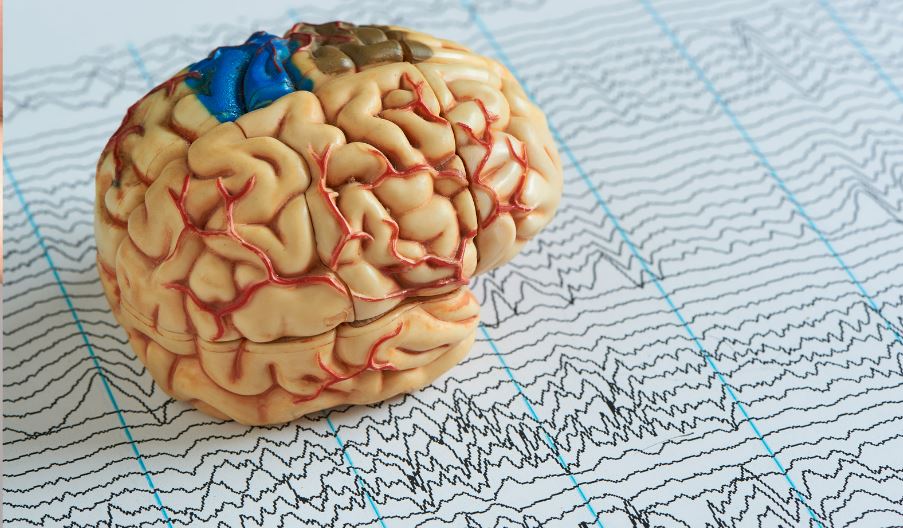Apr. 07, 2021
Frank Musiek, Ph.D., University of Arizona Many years ago, in one of my first job interviews, I was asked what the difference and related implications was between electronic calibration and acoustic calibration. That question is one I never forgot because at the time, I was a little surprised. But, after thinking about it, I realized its importance. Lately, I have







